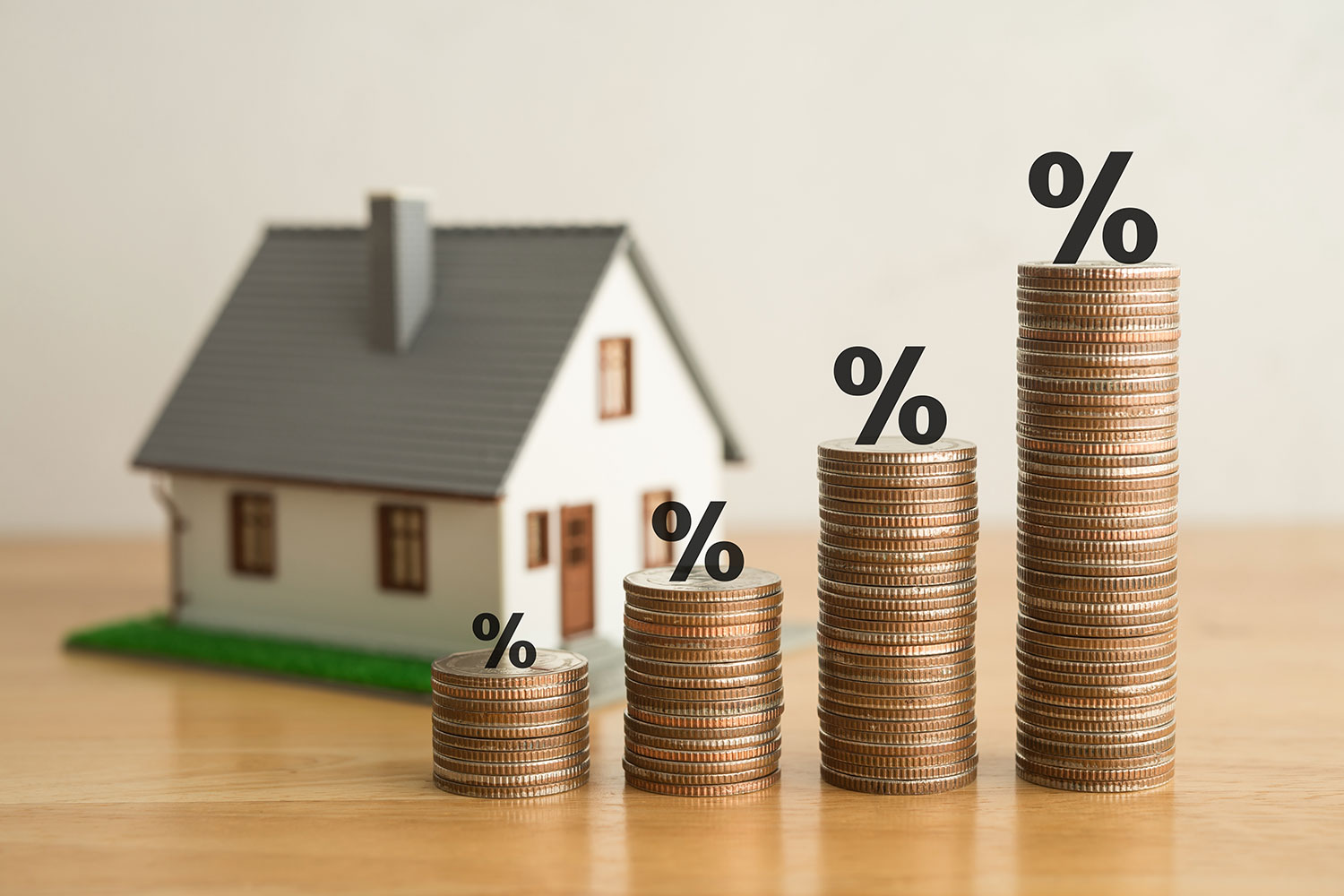The choice between buying and renting a home is a significant life decision, one that hinges on various factors.
Your lifestyle, financial situation, and long-term plans should all play a role in shaping your decision. Often, individuals find themselves spending as much on monthly rent as they would on a mortgage payment.
The key difference is that renting doesn’t offer an investment in equity. The money you allocate to rent is, essentially, gone. If you choose to move, you won’t recoup these expenses because you don’t own the property. Moreover, you can’t leverage it for special purchases or unforeseen expenses. It’s a one-way transaction. In contrast, buying can offer a more attractive choice.
Benefits of Buying a Home
Opting to purchase a home instead of renting brings several benefits.
1. Appreciation
Homes are long-term investments. As the mortgage debt diminishes, the value of many homes appreciates. Various types of improvements can further boost the property’s overall worth. With renting, there’s no return on investment when you leave; you get what you paid for, and that’s it.
2. Ownership
Buying a home represents an investment in an asset over time, and it’s an asset you have a direct stake in. Once your loan is fully paid off, you become the sole owner of your home and hold equity in it. In the case of renting, you’re essentially making payments to landlords and property management companies for the use of their assets.
3. Equity
Building equity provides you with the potential to access funds for home improvements or significant purchases through specific programs.
4. Stability
Rent costs can fluctuate considerably, making long-term budgeting unpredictable. In contrast, with a fixed-rate mortgage, your monthly payments remain steady throughout the loan’s term.
5. Deductions
Mortgage interest and property taxes are typically tax-deductible, and you may find that other expenses, such as points, application fees, and appraisal fees, could also be deductible. It’s advisable to consult a tax advisor for detailed information regarding deductions.
Benefits of Renting a Home
Opting to rent a house or apartment comes with several noteworthy advantages, such as:
1. Fixed Rent
Renting provides the convenience of fixed monthly payments, making it easier to plan and manage your budget.
2. Lower Costs
Renters are exempt from property taxes and homeowner association (HOA) fees, resulting in potentially lower monthly expenses. Additionally, insurance costs are reduced because you don’t need homeowners insurance.
3. Maintenance Coverage
When you rent, your landlord assumes responsibility for all repairs and maintenance, saving you from the burden of these costs. Many rental properties also offer access to a range of amenities, including pools, gyms, and communal areas, enhancing your overall living experience.
4. Flexibility
Renting typically involves year-to-year lease agreements, ensuring you won’t be bound to your rental property for longer than you desire. This level of flexibility is particularly appealing to young professionals, college students, or individuals who frequently need to relocate.
5. Low Commitment
Renting provides you with the freedom to choose how long you stay in a particular property. This can be advantageous for those whose circumstances may change or for individuals who value the option to adapt their living arrangements without a significant commitment.
Financial Considerations: Renting vs. Owning a Home
Your choice between renting and buying a house is often intertwined with financial considerations and the current housing market. To help you navigate this decision, let’s break down the different financial aspects of owning versus renting.
1. Upfront Costs
- Owning: Purchasing a home involves higher upfront expenses. Even if you don’t opt for a traditional 20% down payment, you’ll still be responsible for covering closing costs and administrative fees, adding to the initial financial commitment.
- Renting: Renters typically have more modest upfront costs, usually limited to a security deposit equivalent to one month’s rent. Importantly, this deposit is fully refundable, provided the property remains undamaged.
2. Ongoing Costs
- Renting: Renting often leads to lower ongoing expenses. Many landlords handle maintenance and landscaping tasks, sparing renters from these responsibilities. Additionally, renters are exempt from concerns like real estate taxes, homeowners insurance, and other ownership-related costs.
- Owning: While rental payments can sometimes be steep and unpredictable, homeowners may find that mortgage payments are comparable or even lower than monthly rent. Fixed-rate mortgages offer the assurance of stable payments, with no unexpected price hikes during the loan term.
3. Potential Savings
- Renting: Renting, particularly in your younger years, can provide an opportunity to build credit and increase your savings. This path can lead to financial stability, assuming your rent remains lower than the cost of a mortgage.
- Owning: Homeowners may enjoy tax benefits, such as deductions on property taxes and home office expenses in certain states. These financial advantages don’t always apply to renters in the same way.
Exploring Loan Options for First-Time Homebuyers
Many renters hesitate to make the leap to homeownership, often due to concerns about high home prices or the misconception that a hefty 20% down payment is required. The truth is, a range of loan products can simplify the decision between owning and renting.
- FHA Loans. FHA loans, backed by the Federal Housing Administration, cater to homebuyers with less-than-perfect credit. If your credit score is 500 or higher, you can secure a home loan with a down payment of just 10%. Even better, with a credit score of 580 or more, you can become a homeowner with a mere 3.5% down payment, making homeownership much more accessible.
- VA Loans. For current or former members of the U.S. Military and their spouses, the U.S. Department of Veterans Affairs offers VA loans. These loans present a remarkable advantage – they require no down payment. Additionally, they are accessible to individuals with below-average credit. Familiarize yourself with the benefits and eligibility criteria for VA loans.
- USDA Loans. Loans endorsed by the U.S. Department of Agriculture serve as yet another option with a zero-down payment feature. They are designed for homebuyers who intend to purchase a property in qualifying rural or suburban areas. If you suspect that you might qualify for a USDA loan, delve into the specifics.
- Conventional Loans. Conventional loans stand out for offering the most competitive interest rates to buyers with a strong credit history. Remarkably, even these loan programs demand just a 3% down payment, further simplifying the path to becoming a proud homeowner.
By exploring these diverse loan options, prospective first-time homebuyers can select the one that aligns best with their financial situation, ultimately making the transition from renting to homeownership a seamless and rewarding experience.







